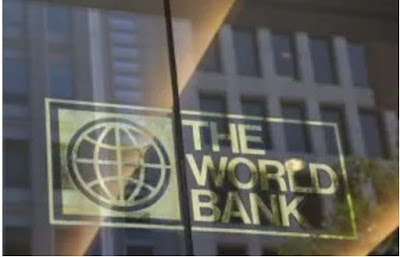
The Development Committee of the World Bank at the end of its meeting
as part of the just concluded Spring Meetings of the the International
Monetary Fund (IMF), expressed optimism about global economy which it
claimed was gaining hopeful momentum.
This was contained in its communique which stressed that regardless
of the risks that were tilted towards the downside, further improvements
in the global outlook will require policies that foster inclusive and
sustainable growth, address financial vulnerabilities, and create jobs
and economic opportunities for all.
The communique maintained that actions to tackle the adverse impact
of the decline in correspondent banking relations are an important
priority for many countries. This was even as it adviced that the World
Bank Group (WBG) and International Monetary Fund (IMF) provide important
support required to advance such policies, deliver the 2030 agenda, and
protect the most vulnerable.
The committee in its reflections pointed out that reducing inequality
was necessary to ensure long-term and sustainable growth and also
commended the impact of technological change, trade, financial flows,
and economic integration that have helped boost incomes and have
narrowed the economic gaps between countries. The committee in the
communique expressed concern that these gains have not always been
shared evenly within countries and urged the WBG and IMF to redouble
efforts to eradicate poverty and ensure that the benefits of
international economic integration wereshared widely.
The committee also welcomed the implementation update on the WBG
Forward Look and made reference to its endorsement at its October
meeting of the vision for a better, stronger, and more agile WBG and
also identified areas for improvement. Similarly, it recognised the
progress so far in becoming a better WBG and encouraged continuing
efforts, in coordination with development partners, to implement and
report on the Forward Look commitments and associated policies to (i)
prioritize private sector solutions when deploying scarce public
resources, including for infrastructure; (ii) strengthen domestic
resource mobilization; (iii) support global public goods; (iv) assist
all WBG client segments; (v) be more agile, responsive, and
results-focused in working across the public and private sectors; and
(vi) pay special attention to stabilizing the economy as well as
supporting growth in situations of fragility, conflict, and violence,
according to the development needs of small states.



